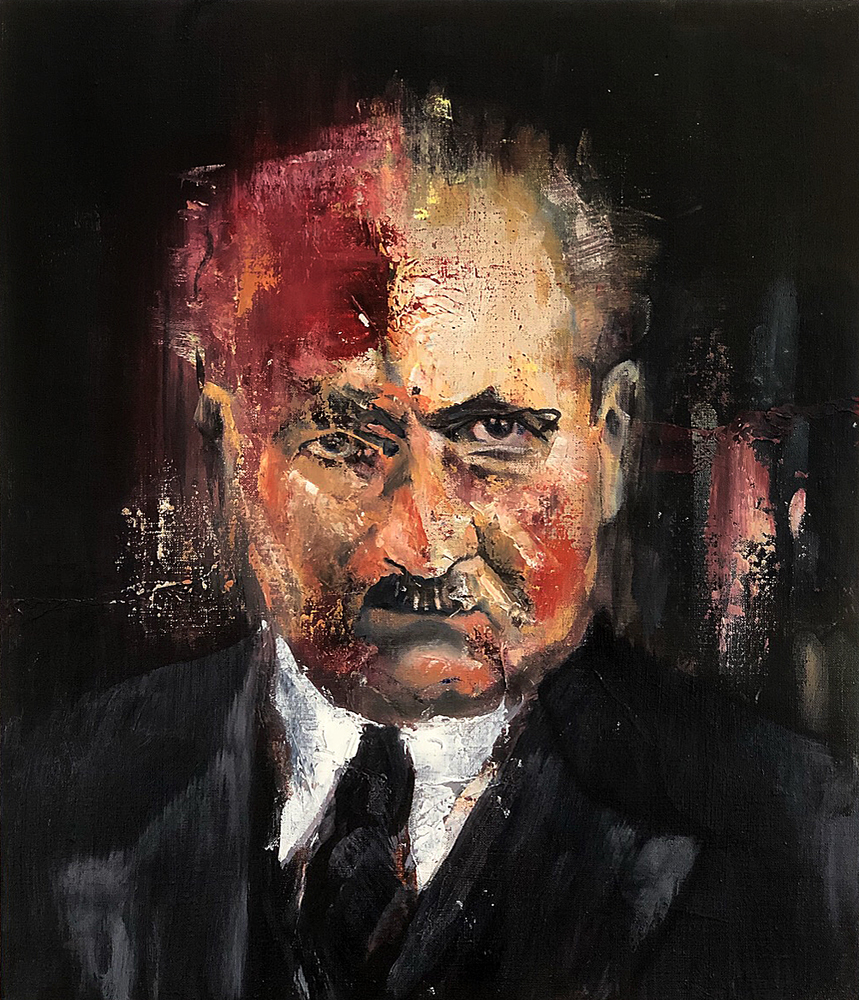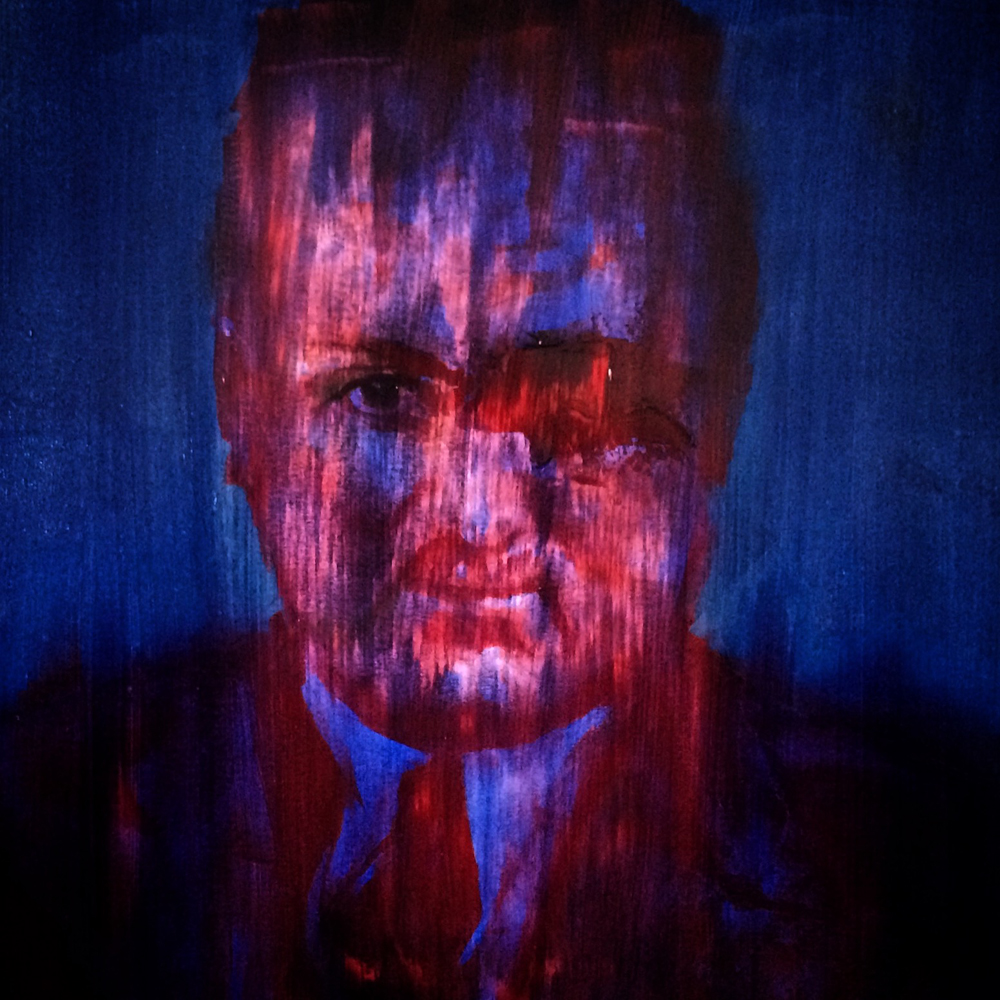“I Exist, and all that is not-I is mere phenomenon dissolving into phenomenal connections”
Born in Germany Edmund Husserl studied mathematics and philosophy and went on to establish the school of Phenomenology, the study of the structures of experience and consciousness. Husserl agreed with Descartes that for each of us there is one thing whose existence is certain, and that is our own conscious awareness, therefore, if we want to build our conception of reality on sound foundations, that is the place to start. But he also agreed with Hulme that when looking at an object my awareness is of the object, not of myself having the experience of looking at it. I am directly aware of objects but not of myself as an object. However, all attempts to prove that these objects exist independently of my awareness seem doomed to failure and hence on cannot prove the existence of the external world. Husserl puts this to one side and assumes they exist as objects of consciousness for us and progress with what we are equipped to investigate. This examination of consciousness and its objects became known as Phenomenology (1), because it treated everything as phenomena. There is a phenomenology of everything not only our perception of material objects but also the arts, religion, the sciences and things internal to us such as pain, thought, feelings, memories etc.
Edmund Husserl 2017, Oil on Linen 35x30cm (Private Collection)
Husserl drafted the outline of Phenomenology as a universal philosophical science. Its fundamental methodological principle was what Husserl called the phenomenological reduction. It focuses the philosopher’s attention on uninterpreted basic experience and the quest for the essences(2) of things. On the other hand, it is also the reflection on the functions by which essences become conscious. As such, the reduction reveals the ego for which everything has meaning. Hence, Phenomenology took on the character of a new style of transcendental philosophy, which repeats and improves Kant’s mediation between Empiricism(3) and Rationalism(4) in a modern way.
(1) Phenomenology is the philosophical study of the structures of experience and consciousness. Phenomenology, in Husserl's conception, is primarily concerned with the systematic reflection on and study of the structures of consciousness and the phenomena that appear in acts of consciousness. Phenomenology can be clearly differentiated from the Cartesian method of analysis which sees the world as objects, sets of objects, and objects acting and reacting upon one another.
(2) Essence is the intrinsic nature or indispensable quality of something, especially something abstract, which determines its character.
(3) Empiricism is the theory that all knowledge is based on experience derived from the senses. Stimulated by the rise of experimental science, it developed in the 17th and 18th centuries, expounded in particular by John Locke, George Berkeley, and David Hume.
(4) Rationalism is the theory that reason rather than experience is the foundation of certainty in knowledge.


